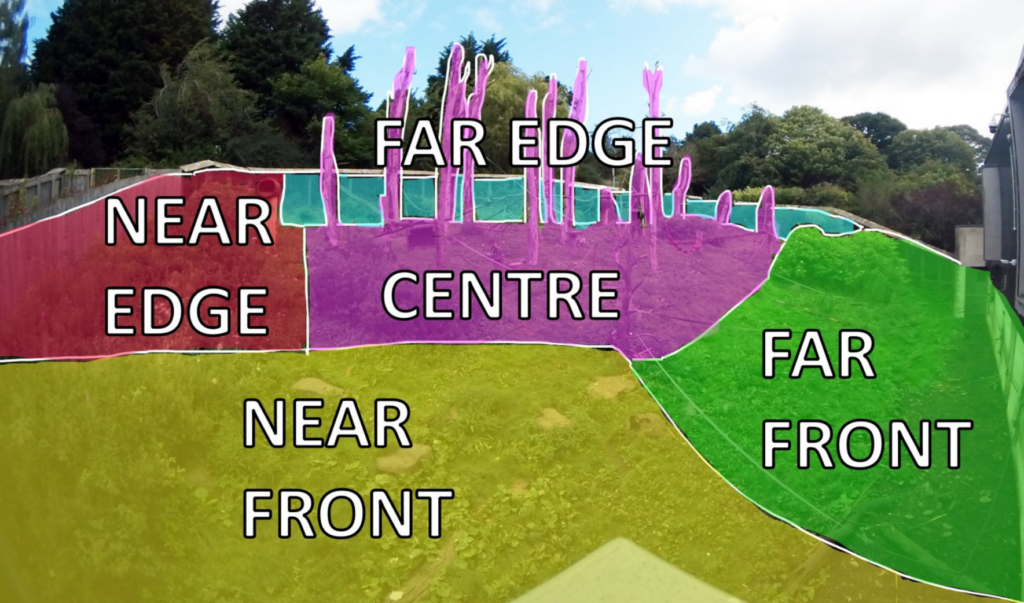This month, Living Links is trialing a new Citizen Science game, inviting visitors to participate in some of the exciting research that happens here. Read on to find out more about Citizen Science and how the game works…
As a research centre, one of our primary goals at Living Links is increasing public engagement with science. That’s why we are launching ‘Living Together’, a new Citizen Science game that allows visitors to collect and classify real life scientific data for our longstanding project about monkey welfare and enclosure use.
“Citizen Science”, or “Community Science”, is a practice that focuses on advancing knowledge through research done by, for, and with members of the public. It aims to foster a large scientific community as the intersection between public engagement, education, and scientific enquiry. Citizen science projects are great opportunities for volunteers to collect and classify data, improving their awareness of the scientific process and opening avenues for exploration and curiosity of the field.
The game begins by instructing the participants through various phases of ‘Citizen Scientist Training’. This includes a manual of the different monkey species here, the 5 different zones of the enclosure, and a variety of monkey counting freeze frames where visitors will be challenged to use their keen scientific eye to spot monkeys in each zone (Figure 1).

Following our Training, our newly fledged scientists note down in real time how many capuchins and squirrel monkeys are present in each of the 5 zones. The data and feedback collected from this trial phase will help us improve the final version of the game, in which this extensive numerical data will be analysed by our researchers. This data will reveal where each species prefers to spend time throughout the day, providing researchers and keepers with the knowledge needed to improve the welfare, enrichment, and habitat of these primates.
We hope that this game can help visitors to gain a newfound connection with research, helping them to feel empowered and engaged with science. If this sounds interesting to you, we hope you stop by!
Written by: Emma Hearn
